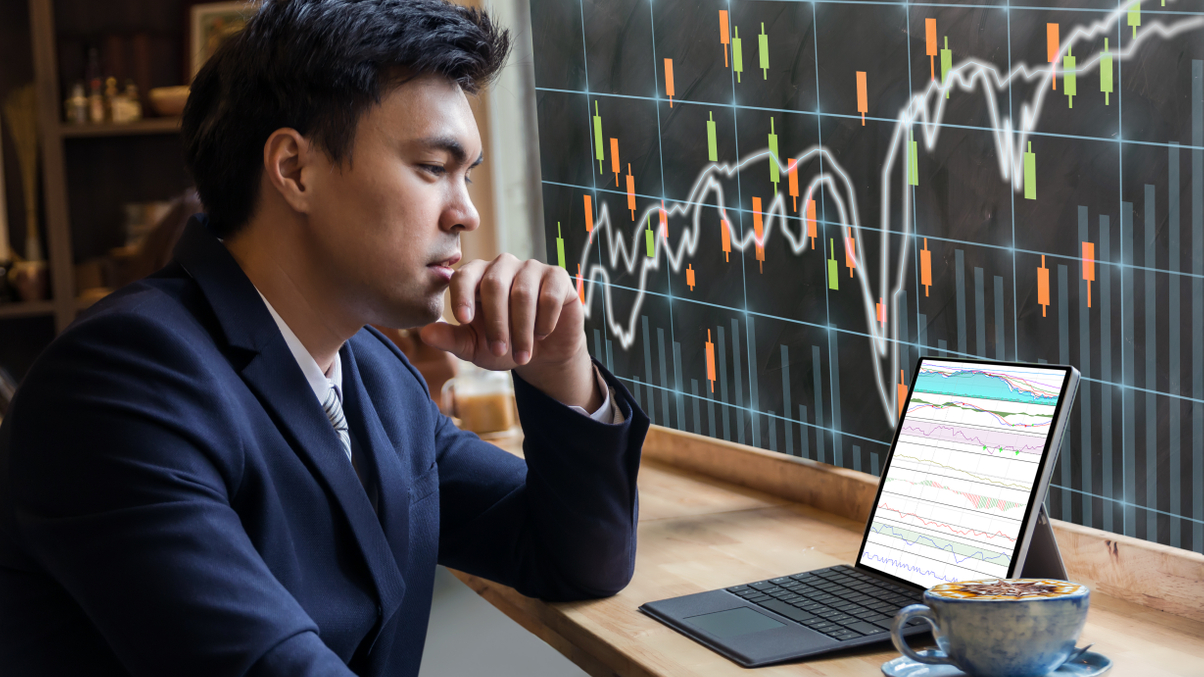Asia investors seen growing cautious about private equity
Although only 14% of investors surveyed by S&P Global said they expect private equity deal volumes to drop in 2019, a disproportionate share of these are from the Asia-Pacific region.

Investors based in the Asia-Pacific region are less optimistic about private equity markets in 2019 than in other regions, according to a new S&P Global Market Intelligence survey.
Sign in to read on!
Registered users get 2 free articles in 30 days.
Subscribers have full unlimited access to AsianInvestor
Not signed up? New users get 2 free articles per month, plus a 7-day unlimited free trial.
¬ Haymarket Media Limited. All rights reserved.


